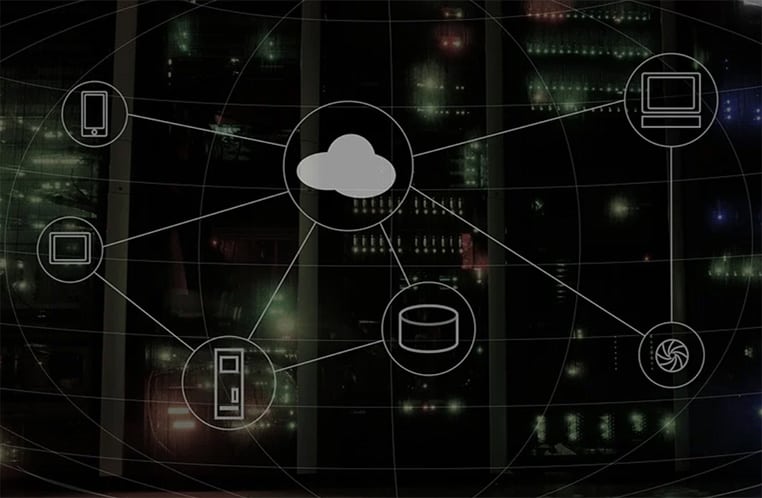When it comes to data security, there are many questions that may come up. How is my company’s data secured? What is the difference between on-premise and cloud computing? Is my company’s information safe in the cloud? There are many more questions about how secure your business’ information is when using a Cloud Computing service provider. Here are the five most significant risks of Cloud Computing you need to know, so you can make an educated decision before proceeding with any online storage solution.
1. Network Operations Limited Visibility
There is a lack of visibility when it comes to the security operations in the cloud. Traditional IT has monitoring options, which allow for real-time visibility into your environment. Cloud Security does not have this advantage. The only source of visibility that cloud security has is monitoring servers and storage devices on a schedule. This can lead to missed attacks and misconfigurations if not set up correctly.
You can correct this by implementing Cloud Access Security Broker (CASB) into your company’s security solutions. A CASB is a monitoring tool that brings visibility into the cloud, giving security teams more control over what happens in the cloud. With this software, you can take actions, including blocking access to PII data or terminating access of users who have exceeded their allowed use.
2. Malware Attacks
Companies often think that as long as they check a vendor’s reputation, their risk is low. While this can be true, there are many instances where malware infections take place without you knowing about them at first. The threats for these infections are two-fold. They can steal your data in transit, maliciously alter it before it’s sent to the cloud, or steal data after it’s been stored.
One way to solve this is to implement a CASB. A CASB monitor uploads and downloads for malicious software, which can indicate that your data is being targeted by malware. A good security solution will also discover infections already present in the network before they damage your business.
3. Compliance Violations
Cloud computing allows employees to access corporate information through any device. Having this option for access means that your employees can be working off-site and accessing corporate data without your knowledge. This could lead to compliance violations because there is no way to track the location or time of logins, or make sure limitations are followed.
Compliance monitoring software can detect unauthorized changes in policies and how data is accessed, which can indicate that there may be a compliance issue that needs to be addressed.
4. Data Leakage
Data leakage takes place when employees share data that is not approved for release with others. This can lead to notifications of data breaches, which can affect your business’s public image and lead to fines if the data is sensitive. If you outsource storage, there is no way to monitor who can access your information or what they do. This can lead to data leakage because employees can share confidential information without your knowledge.
A good security solution will track the visibility of the data, monitor who is accessing it, and limit what they can do with it. This gives you better control over your data and allows for a more secure environment.
5. Inadequate Security Due Diligence
Cloud computing companies rise in popularity but are sometimes less secure than the vendors they compete with. The solution to this is to conduct due diligence on each vendor you are considering using to store your information. Conducting thorough research will give you an idea of what security risks may be associated with these companies and allow you to make an informed decision on which companies to trust.
Conclusion
Cloud Computing is growing in popularity. However, this does not mean that companies are safe from data loss or security threats. The best way to solve the issues caused by cloud computing is to take proactive measures to protect your company’s information and reduce the risk for data loss. These steps include educating employees on the risks of cloud computing, securing applications with encryption, and implementing a CASB to keep data secure while it’s in transit or stored.
